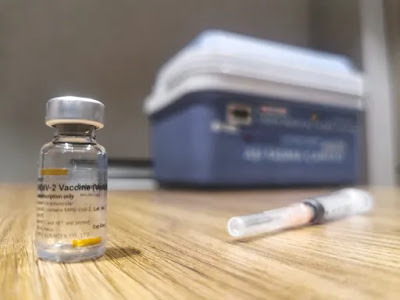Post-Opeartive Care at Home
Post-operative care is simple terms the care a person receives after surgery. Postoperative care is provided immediately during the surgical period. Thus postoperative care begins in the operating room itself and is followed by the post-anesthesia Care Unit (PACU) and in the patient's home until the surgical wound has healed.
 |
| Post-op |
The main goal of Postoperative care is to prevent any infection in the surgical wound area, thereby ensuring complete healing of the surgical skin. Postoperative nursing care also aims to restore the patient to his or her former physical and mental state.
The type and duration of postoperative care a patient receives depend on his or her surgical procedure and the amount of postoperative care required. For example, outpatient surgery has different requirements for postoperative care and surgery for patients has different postoperative nursing care. Similarly, a wide-ranging surgical procedure with the risk of hemorrhage, blood clots, etc. It is in need of complete postoperative care.
With simple surgical procedures, a patient can also take care of his own wound, and in some cases, professional care is required such as, in cases of spinal surgery, pelvic surgery, cardio surgery, patients with moderate to severe disability, etc.
The main goal of Postoperative care is to prevent any infection in the surgical wound area, thereby ensuring complete healing of the surgical skin. Postoperative nursing care also aims to restore the patient to his or her former physical and mental state.
The type and duration of postoperative care a patient receives depend on his or her surgical procedure and the amount of postoperative care required. For example, outpatient surgery has different requirements for postoperative care and surgery for patients has different postoperative nursing care. Similarly, a wide-ranging surgical procedure with the risk of hemorrhage, blood clots, etc. It is in need of complete postoperative care.
With simple surgical procedures, a patient can also take care of his own wound, and in some cases, professional care is required such as, in cases of spinal surgery, pelvic surgery, cardio surgery, patients with moderate to severe disability, etc.
Immediate Postoperative Nursing Care
Immediate postoperative care
- Respiratory rate;
- Oxygen saturation;
- Temperature;
- Systolic blood pressure;
- Pulse rate;
- Level of consciousness (this will be impaired in patients who have had recent sedation or are receiving opioid analgesia, which should be taken into consideration in assessment).
Post Operative Care Guideline
Guidelines for postoperative care vary in adults and children, with various diseases and surgical procedures. Some of the general guidelines for postoperative care include;
- Ensuring patient comfort
- Appropriate and timely dress changes
- Pain medications should be given as prescribed by a doctor
- In Deep vein thrombosis, the care of postoperative nurses includes inserting antibodies, stretching socks, and helping the patient perform foot and ankle exercises in the bloodstream in the lower leg and improve vascular return to the lower leg.
- In the event of an infection, postoperative care requires explicit monitoring of the surgical wound and immediate reporting of persistent redness or swelling in the wound area.
- In the event of pneumonia, post-op care involves a respiratory therapist assisting the patient with intensive exercise.
- For knee or joint stiffness and orthopedic surgery, postoperative care requires the help of both a physiotherapist and a post-surgery nurse under the supervision of a physiotherapist, pain management, Edema control, and strict adherence to CPM protocol as prescribed by a physician.
Comments
Post a Comment